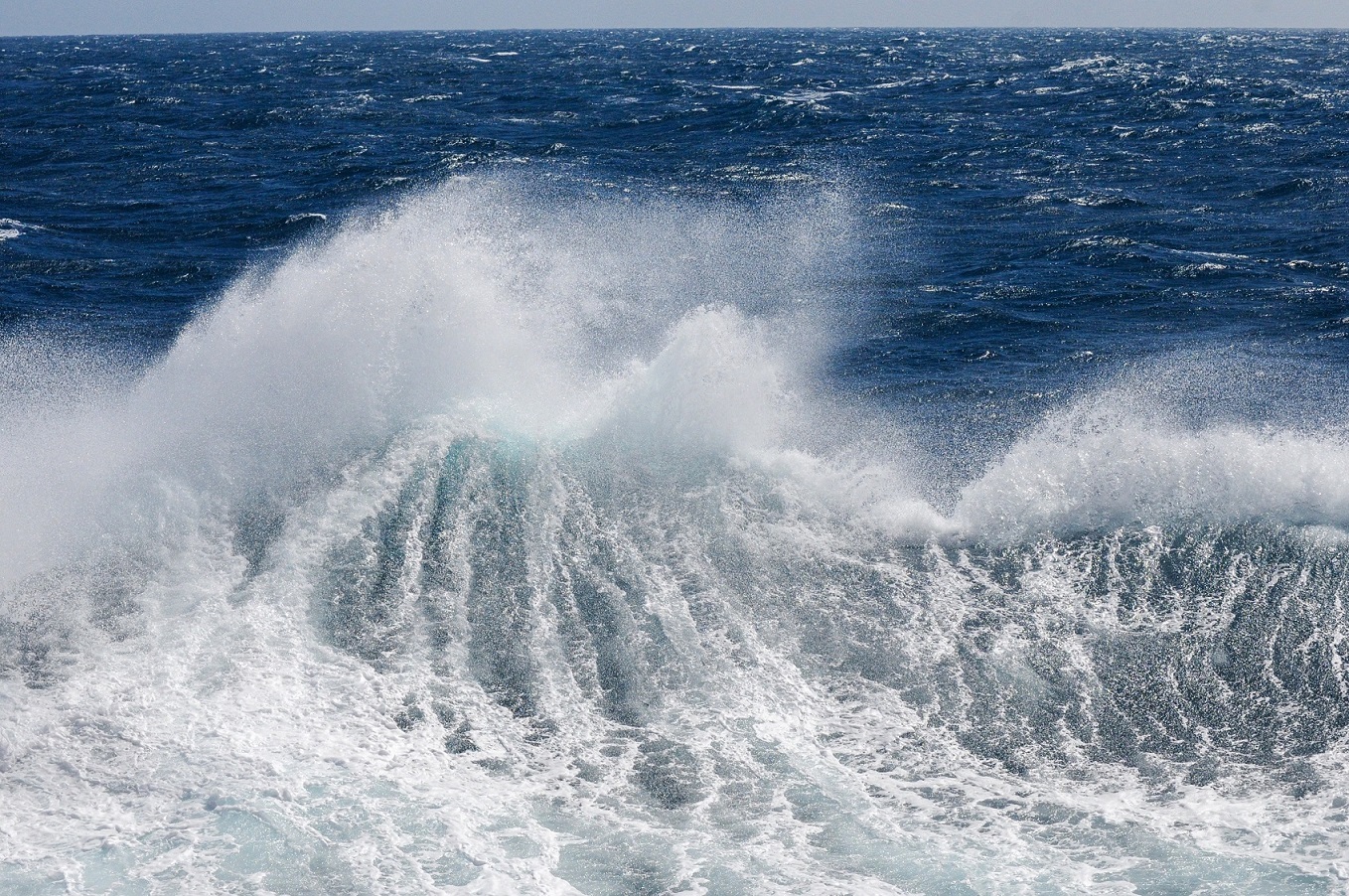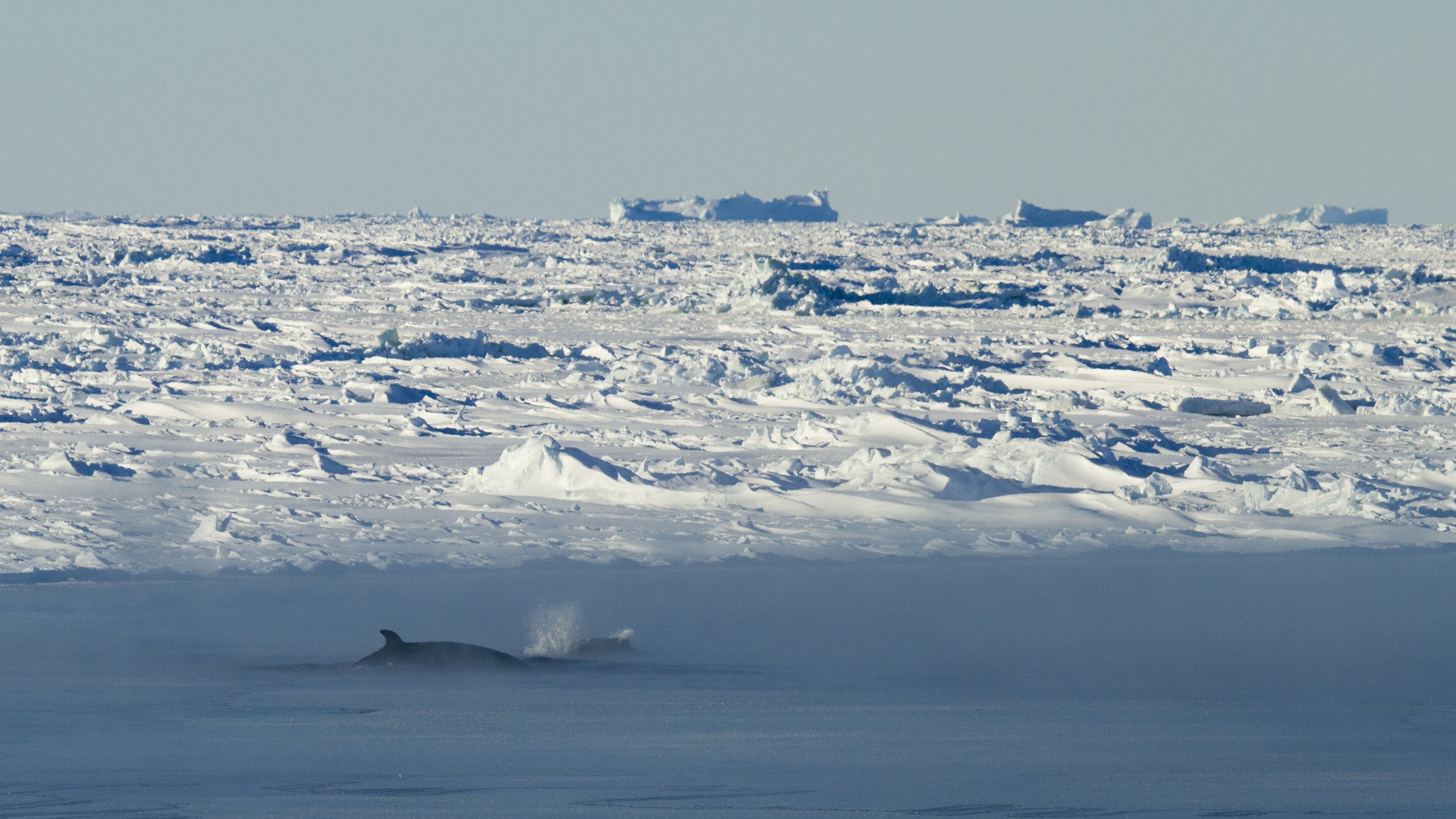
More than 200 scientists from 19 countries have released the first comprehensive assessment of trends in Southern Ocean ecosystems, in a report written specifically for policy makers.
The Marine Ecosystem Assessment for the Southern Ocean (MEASO) stresses that climate change is the most significant driver of species and ecosystem change in the Southern Ocean and coastal Antarctica.
“Long-term maintenance of Southern Ocean ecosystems, particularly polar-adapted Antarctic species and coastal systems, can only be achieved by urgent global action to curb climate change and ocean acidification,” the MEASO Summary for Policymakers report says.

Co-convenor Dr Andrew Constable of the University of Tasmania said that the five-year MEASO process was modelled on a working group of the Intergovernmental Panel on Climate Change (IPCC).
“MEASO is like an IPCC report for the Southern Ocean, and in a similar way we have distilled the science into an easy-to-read and concise summary to inform politicians and policy makers around the world.”
“We’ve launched this report to coincide with this year’s international meeting of the Commission for the Conservation of Antarctic Marine Living Resources (CCAMLR) in Hobart,” Dr Constable said.
 CCAMLR is the international body under the Antarctic Treaty System responsible for the conservation of marine ecosystems in the Southern Ocean, with membership of 26 nations and the European Union.
CCAMLR is the international body under the Antarctic Treaty System responsible for the conservation of marine ecosystems in the Southern Ocean, with membership of 26 nations and the European Union.
MEASO co-convenor Dr Jess Melbourne-Thomas from Australia’s national science agency CSIRO said that the Southern Ocean around Antarctica is absorbing most of the global temperature rise.
“The unique wildlife of the Southern Ocean is feeling the heat and, together with additional pressures from fisheries, tourism, and pollution, faces an uncertain future.”
“As well as its fundamental importance to biodiversity, the Southern Ocean is crucial to human welfare by providing us with food and helping to control our climate,” Dr Melbourne-Thomas said.
Professor Nathan Bindoff, leader of the Australian Antarctic Program Partnership at the University of Tasmania, said that the MEASO process should continue in this critical decade for action on climate.
“Currently assessments of change in habitats, species and food webs in the Southern Ocean are compiled separately for at least ten different international organisations or processes.”
“Bringing the best-available science together in a timely fashion through the MEASO process is an excellent way to harmonise the information for policy makers,” Prof Bindoff said.

The Summary for Policymakers sets out 40 key findings, including:
The Marine Ecosystem Assessment for the Southern Ocean (MEASO) is the first circumpolar interdisciplinary assessment of status and trends in Southern Ocean ecosystems and drivers of change, for use by policymakers, scientists and the wider public.
Beginning in 2018, MEASO is an open and participatory process involving 203 scientists from across the Antarctic and Southern Ocean scientific community (19 countries, 51% identifying as female, 30% early career), contributing to 24 research articles published in a special research topic in Frontiers journals.
MEASO is a core activity of Integrating Climate and Ecosystem Dynamics in the Southern Ocean (ICED), which is a regional program of Integrated Marine Biosphere Research (IMBeR, which is a joint program of the Scientific Committee on Oceanic Research [SCOR] and Future Earth), and co-sponsored by the Scientific Committee on Antarctic Research (SCAR). MEASO is also supported by the Southern Ocean Observing System (SOOS), a joint program of SCAR and SCOR.
The Summary for Policymakers is published by:
Published 18 October 2023